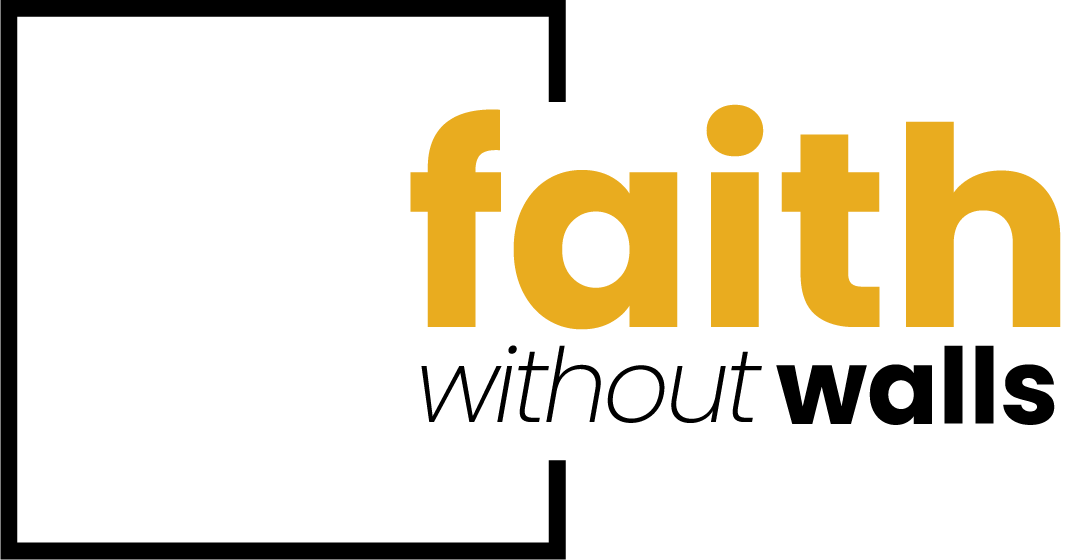Black Health partners with a broad spectrum of stakeholders including public officials, clergy, clinical providers, advocates, consumers, the media, and community members to achieve its mission through the following programs and initiatives:

BLACK HEALTH partners with faith-based organizations and provides ongoing support and capacity building to cultivate as independent entities that disseminate HIV-related prevention information and other resources that improve minority health and reduce health disparities in their communities. Capacity-building Training (CBT) topics include a combination of educational, technical, and operational skills training such as HIV updates and biomedical interventions, online data submission, community mobilization, sustainability planning, and meeting needs of the community.
Within this initiative we have the following:
• The Ambassador Leadership Initiative (ALI)
• Youth Initiative Program (YIP)
Resources
Black Health – Faith Based Initiative and Learning Academy
The purpose/goal of the CMP is to seek to change the attitudes and behaviors of communities as it relates to HIV/STI/HEP C prevention by implementing community mobilization, health education, policy awareness and information sharing/dissemination. An important criterion is to maximize participation in health insurance programs, educating and creating awareness for reducing new HIV and STI infections among MSMs and high-risk negatives. Moreover, the program addresses the HIV/STI/HCV epidemic in communities of African descent to improve overall health outcomes among MSMs, heterosexual women, baby-boomers and persons living in high-risk communities.
Within this initiative we have the following:

Emerging from Black Health’s 35-year track record of addressing health disparities in our Black communities, this live, online course is specifically developed to support students of the health professions and those in social support services (e.g. physicians, public health professionals, social workers, case managers, counselors, pharmacists, etc.) to identify historical and social impacts on health and healthcare in the United States, and better support the needs of marginalized groups, including communities of color and the LGBTQ community.
Instructors are active and experienced private, community and government leaders practicing daily the work of creating health equity in the American healthcare system.
Within this initiative we have the following workshops:
• Introduction to HIV/ AIDS, Hepatitis C, and STIs
• Supporting Marginalized Communities
• Social Determinants of Health, and Unpacking Bias and Stigma in Medicine
• Mental Health in Care and Alternative Treatments
• Introduction to Maternal Health and Reproductive Justice
• Introduction to Diabetes and Community-based care of chronic illness
• Trauma-Informed Approaches in Care Settings, & Addressing the Needs of the LGBTQ and Transgender and Gender Non-Conforming (TGNC) Communities
Resources
Journal of the National Medical Association: Hutchinson, J – AIDS and Racism in America
Medical Clinics of North America: Cargill, V and Stone, V – HIV/AIDS: A Minority Health Issue[2]
The community Health Hub is innovative in its approach to address community needs, increase vaccination rates, provide health, mental, and spiritual services framed in holistic approaches, and free from shame and stigma. It is an important gathering place of health activities and events that create an atmosphere of caring and gratitude. Utilizing holistic approaches, the Health Hub brings together CBOs and other partners in a regular setting that sets the tone for individualized engagement and conversation; fosters partner relationships, community organization development; makes health resources more accessible and increases the community’s access to health screenings and testing,
BLACK HEALTH internship program facilitates diverse and inclusive opportunities for college students to advocate and support increased population health outcomes for the Black and Latinx community. The internship program has extensively expanded its collective approach to empower an equitable movement for undergraduate, graduate, and professional school students engaged in the public health field. Much consideration to the instrumental components to understanding the multidimensional influences on accessibility, affordability, and quality to health and wellness. BLACK HEALTH internship also paves the way to provide hands-on experience to support the vitality of empathy and leadership in the professional environment.
Black Health staff are trained to facilitate Mental Health First AID from the National Council For Mental Wellbeing. Youth Mental Health First Aid teaches you how to identify, understand and respond to signs of mental health and substance use challenges among children and adolescents ages 12-18.
Topics Covered:
• Common signs and symptoms of mental health challenges in this age group, including anxiety, depression, eating disorders and attention deficit hyperactive disorder (ADHD).
• Common signs and symptoms of substance use challenges.
• How to interact with a child or adolescent in crisis.
• How to connect youth with help.
• Expanded content on trauma, substance.
The Mental Wellness Program provides mental health and/or community support services for caregivers, adolescents, and families in the city of Syracuse to improve quality of life for populations that were disproportionately affected by pandemic isolation, trauma, and mental turmoil. The program aims to increase access to culturally sensitive and relevant mental health services for communities of color and reduce stigma by normalizing mental health support. Black Health covers individual, child, and family therapy services at no cost. The program is centered in supporting Black and Brown families impacted by community violence, trauma, social isolation, and discrimination—all components of the social determinants of health.